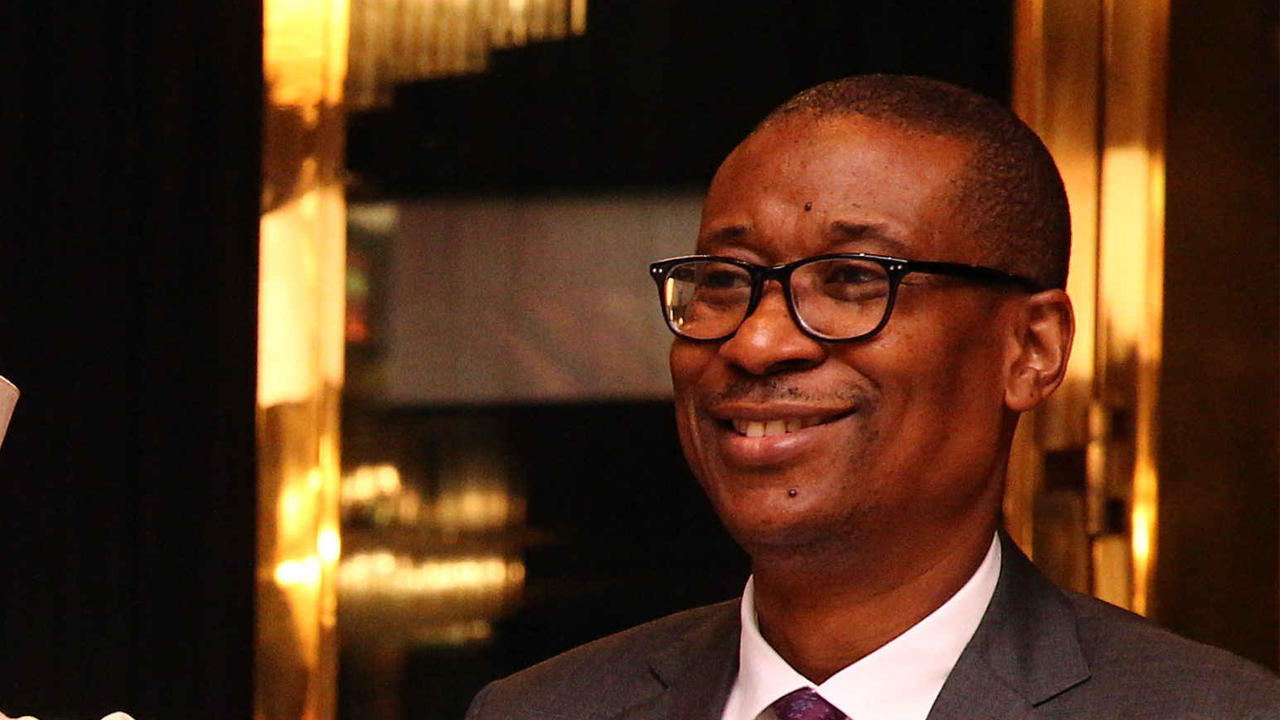- Review of Nigeria’s Trade policy Ready in June
The review of Nigeria’s trade policy, which was started last year, will be concluded by the end of June this year, the Federal Government has said.
The Minister of Industry, Trade and Investment, Dr. Okechukwu Enelamah, confirmed the development while responding to enquiries from reporters.
He stated that a lot of consultations between the Federal Government and key stakeholders were ongoing on the new trade policy.
He said that a review of any country’s trade policy was a rigorous exercise that must be done in consultation with both local and international partners so as to produce a document that would be acceptable to all.
He said, “We review our trade policy every five years and there is one that is going on right now.
“Usually, when you are doing that trade policy review, it is a very wide-ranging review that involves engaging multiple stakeholders in the economy to get their input on how the trade policy is working for them.
“It involves engaging trade experts to advise you. You engage international agencies of trade, typically the World Trade Organisation. Then the trade department, with the trade advisor and negotiator, to help us prepare the technical materials, which will ultimately be adopted.
“That process was started last year and will be finished this year. Where we are is that the consultations are going on and we expect to wrap it up before the first half of this year.”
As part of the trade policy review, the minister said a delegation from the Federal Government would this month be engaging all the countries in the African region on the Continental Free Trade Agreement.
He said that the Nigerian trade team would continue to argue for flexibility that would allow the government to safeguard the economy from huge imports, even as it would remain an open economy.
He said, “Nigeria has a duty to provide leadership because the CFTA negotiations are based on a mandate from the Summit of Heads of States and Governments of the African Union.
“Increasing intra-African trade is crucial in a global economy that is turning protectionist. The CFTA negotiations provide a huge opportunity for economic growth and increased welfare in Africa; in a global economy in rapid but uncertain transformation.
“At the same time, we will continue to take into cognisance the complexities of our domestic market and ensure appropriate safeguards for the Nigerian economy.”
Experts had warned the government against adopting a protectionist policy when reviewing the country’s trade policy.
For instance, the Counsellor/Head, African and Management Trade Policies Review Division, World Trade Organisation, Mr. Jacques Degbelo, said there was a need for the country to open its doors to other nations for trade, as Nigeria would need access to foreign markets to boost its exports as well as diversify the economy.
Specifically, he said Nigeria needed to establish modest conditions for exporting to other nations, adding that the WTO, including other multilateral agencies, were willing to help the country develop appropriate trade regulations.
Degbelo explained that while there was a need for every country to guard against harmful trade practices that could undermine economic development and kill local industries, adopting outright protectionist strategy was not the right way forward.

 Billionaire Watch3 weeks ago
Billionaire Watch3 weeks ago
 Startups4 weeks ago
Startups4 weeks ago
 News4 weeks ago
News4 weeks ago
 News4 weeks ago
News4 weeks ago
 Bitcoin4 weeks ago
Bitcoin4 weeks ago
 Naira4 weeks ago
Naira4 weeks ago
 Forex3 weeks ago
Forex3 weeks ago
 Treasury Bills4 weeks ago
Treasury Bills4 weeks ago

























